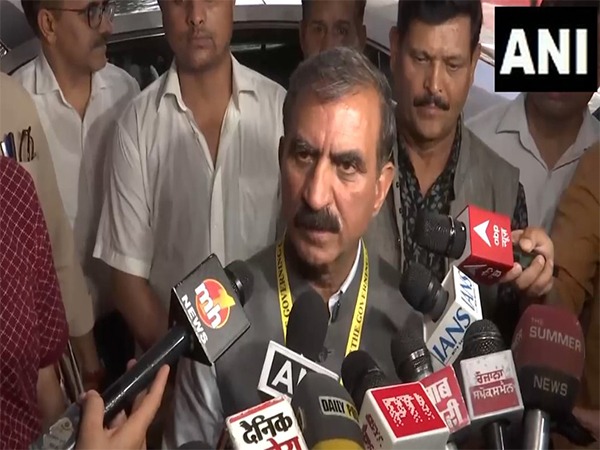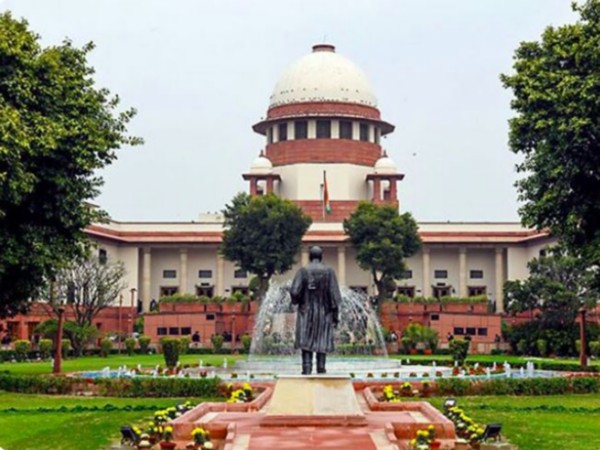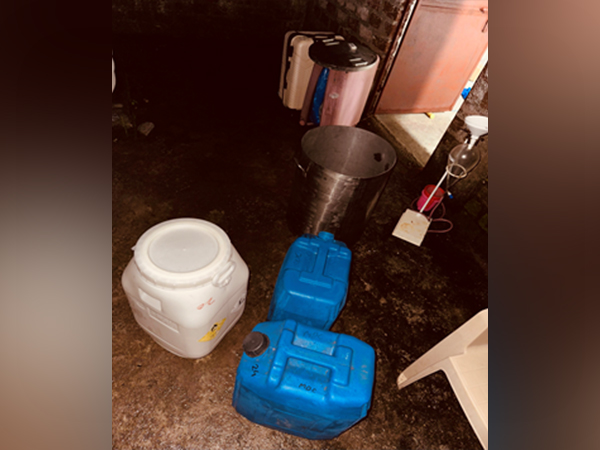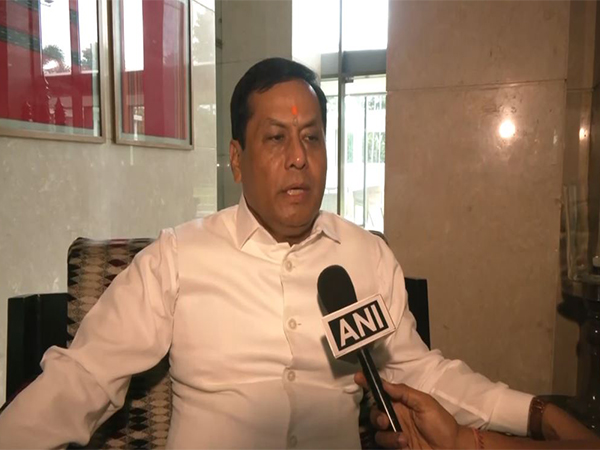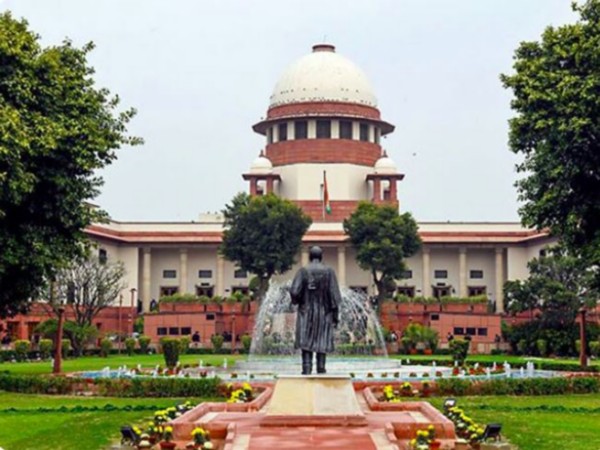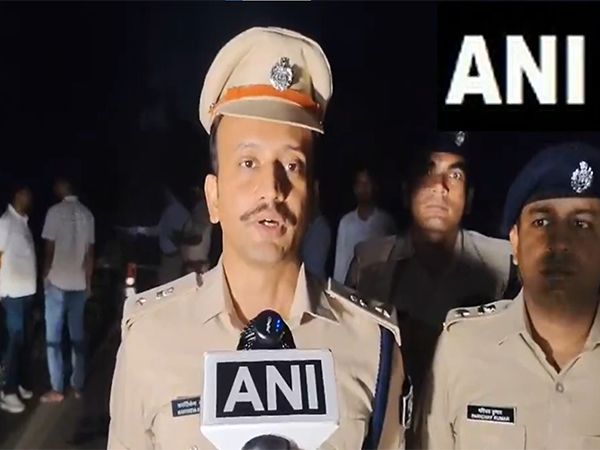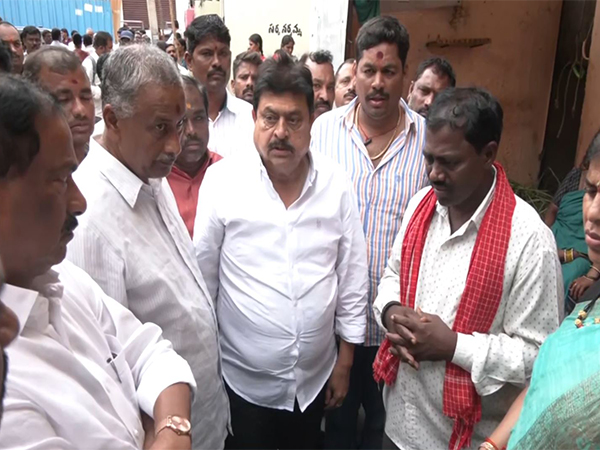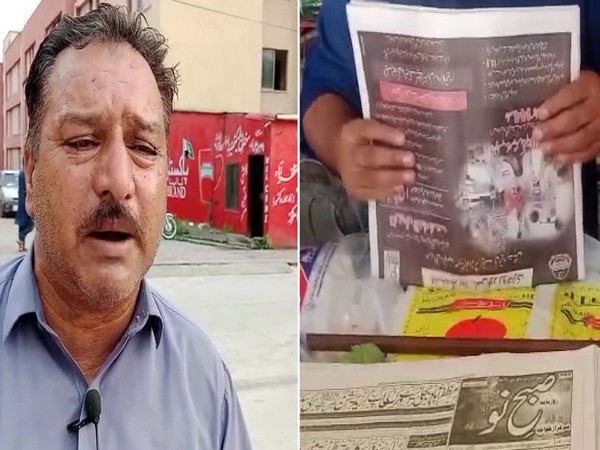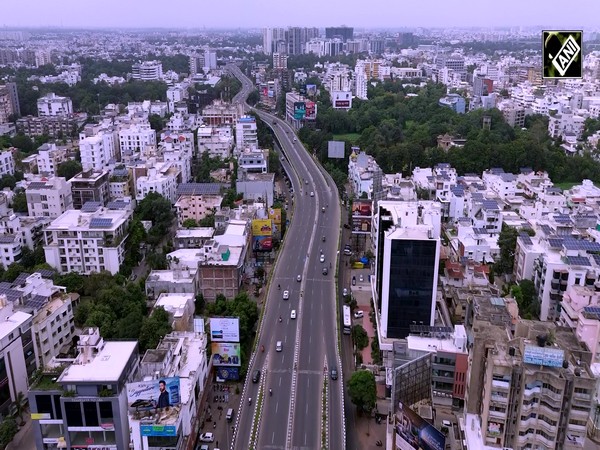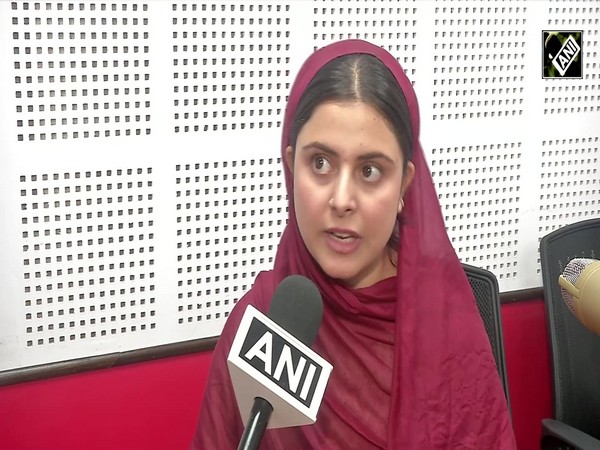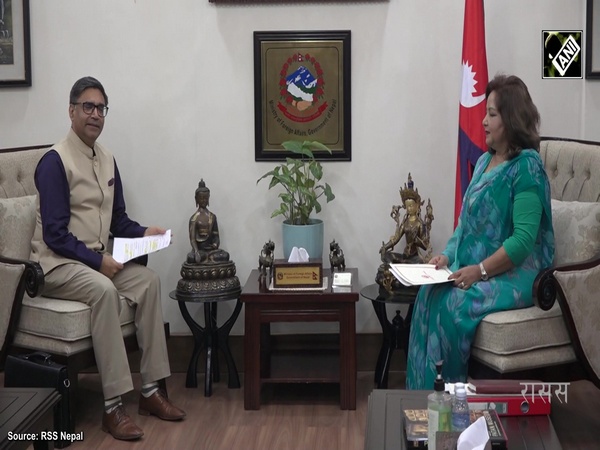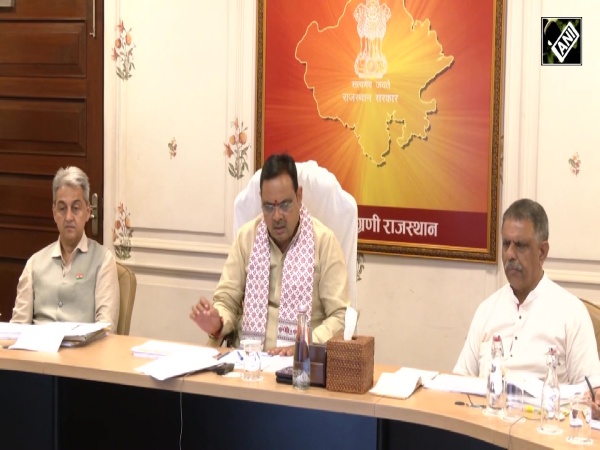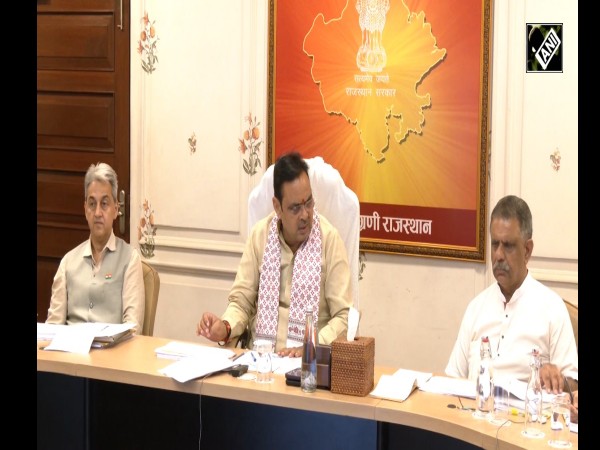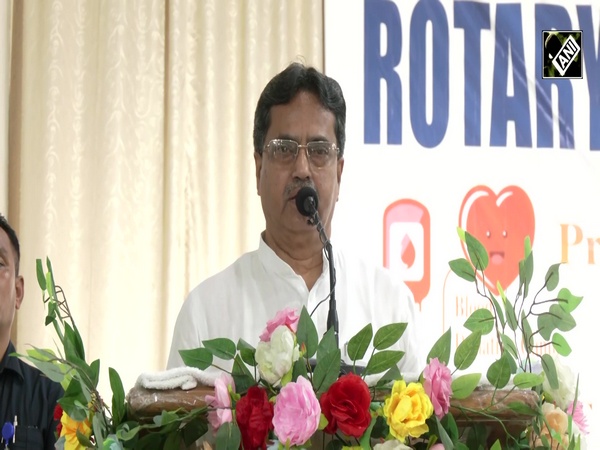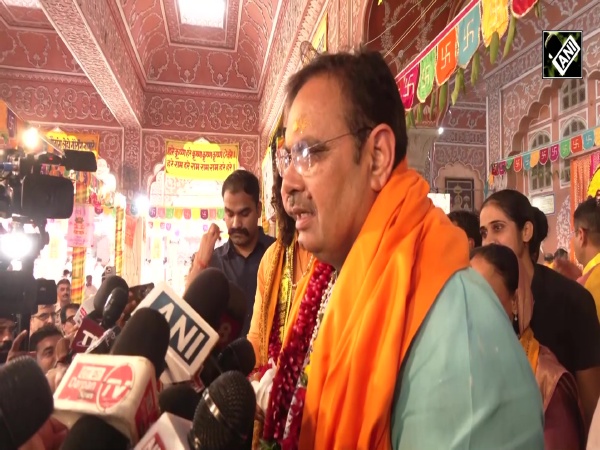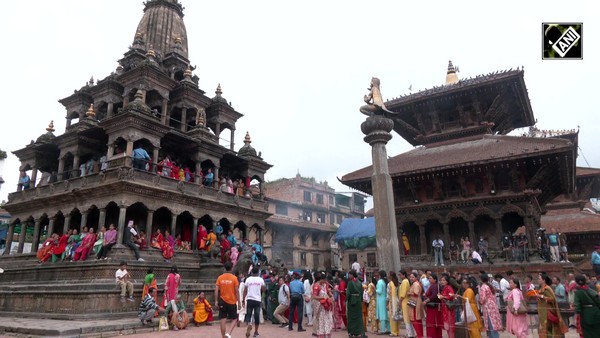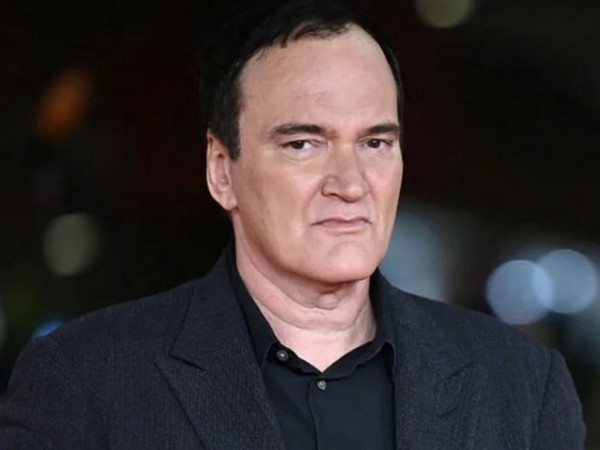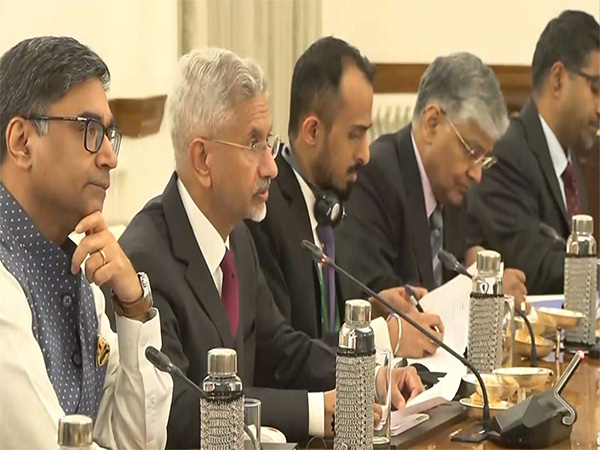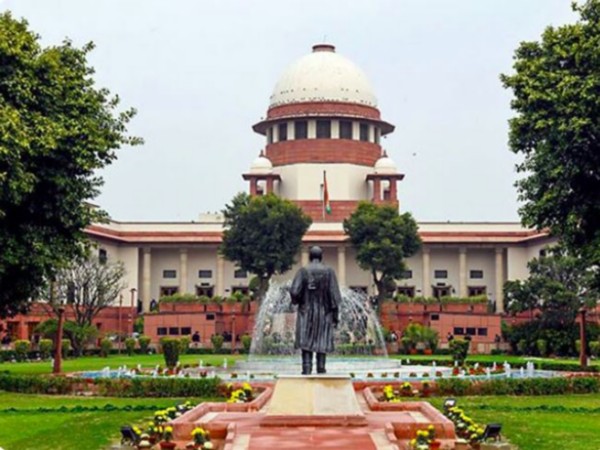
SC refuses to entertain contempt plea against Jharkhand govt for nod to new rules for DGP appointment
Aug 18, 2025
New Delhi [India], August 18 : The Supreme Court on Monday refused to entertain a petition seeking initiation of contempt proceedings against the Jharkhand government for appointing Anurag Gupta as the State's Director General of Police (DGP), saying political battles must be settled before the electorate.
A bench of Chief Justice of India BR Gavai and Justices K Vinod Chandran and NV Anjaria expressed displeasure over the use of contempt of court jurisdiction and public interest litigation petitions to settle political battles.
"In the Jharkhand case, we don't want contempt jurisdiction to be used to settle political scores. If you have a problem with a particular appointment, go to the Central Administrative Tribunal. But settle your political scores in front of the electorate," remarked the bench.
The apex court was hearing a PIL seeking initiation of contempt of court proceedings against the Jharkhand government for constituting its own committee for shortlisting names for filling up the post of chief of police force in violation of directions issued by the apex court.
The top court said it will hear a later plea seeking implementation of its 2006 verdict on police reforms that recommended steps like the separation of investigation and law and order duties.
While deciding the PIL filed by former DGPs, Prakash Singh in 2006, the top court had passed several directions, including that state police chiefs will have a fixed tenure of two years.
About plea against Gupta's appointment, the contempt petition was filed by NGO Akhil Bharatiya Adimjanjati Bikas Samitee Jharkhand sought initiation of contempt proceeding against state government for disobeying the apex court order saying in its cabinet meeting on January 1, 2025, the government has approved the Selection and Appointment Rules, 2024 for the Director General and Inspector General of Police.
The plea stated that, under these newly formulated rules, the state government has completely disregarded the top court's mandate, as laid down in the Prakash Singh judgment and subsequent orders.
"By eliminating the requirement of sending nominations to the Union Public Service Commission (UPSC) for empanelment, the state has directly
contravened the guidelines that ensure transparency and merit-based appointments for the post of DGP," it stated.
Under the new rules, the state no longer needs to send nominations to the Union Public Service Commission (UPSC) panel for appointing the state police chief, and the appointment will now be based on the recommendations of a Special Committee chaired by a retired High Court judge.
According to the new Rules, the Selection Committee will include a retired High Court judge (committee head), the Chief Secretary, a UPSC nominee, the Jharkhand Public Service Commission (JPSC) Chairman or nominee, the Home Department's Additional Chief Secretary or Principal Secretary and the retired DGP from the state.
Earlier, the state government used to send the names of the senior-most IPS officers with at least 30 years of service to the UPSC, which would then make the final decision.
The petitioner said it was constrained to approach the apex court as the Jharkhand government approved the Rules for appointment of DGP, and these newly formulated Rules are in contravention of the guidelines mandated by the top court in its orders.
"Initiate contempt proceedings against the alleged contemnor/Respondent for wilfully and deliberately disobeying the judgments/orders, dated September 22, 2006, July 3, 2018 and March 13, 2019, passed by the Supreme Court in writ petition filed in 1996," stated the plea.
The act of the cabinet in approving the Selection and Appointment Rules, 2024, formulated to overrule orders passed by the Supreme Court, amounts to contempt, it said.
The petitioner further submitted that this framework undermines the spirit and intent of the guidelines issued in the Prakash Singh case in 2006, which required a panel prepared solely by the UPSC to safeguard against arbitrariness, undue influence, and ensure a uniform selection process.
"The state's deliberate bypass of the established UPSC-led empanelment system is a blatant act of defiance of the apex court's directives and demonstrates contemptuous conduct. Such actions disrupt the federal balance envisaged in the Constitution and undermine the independence of police leadership," it added.
By framing rules that allow for greater state control and discretion in appointments without adherence to the tenure requirement, the state government has acted in "flagrant contempt" of the court's directives. This deliberate action not only "disrupts institutional integrity" but also "jeopardises the impartial functioning" of law enforcement in the state, the NGO stated in its plea.
It has submitted, "The government has intentionally and deliberately framed the regulations to circumvent the Supreme Court order on minimum tenure of two years, keeping the post vacant by appointing acting DGPs and taking the vacancy as the date for considering eligibility in a bid to appoint officers close to the political dispensation to the top post. The state had earlier removed Ajay Kumar Singh and appointed Anurag Gupta as acting DGP, and rules have now been put in place to reportedly appoint Anurag Gupta, who is due to retire."
The 2006 apex court verdict in the Prakash Singh said the DGP of a state shall be "selected by the state government from amongst the three senior-most officers of the department who have been empanelled for promotion to that rank by the UPSC on the basis of their length of service, very good record and range of experience for heading the police force".
And, once a person has been selected for the job, they should have a minimum tenure of at least two years irrespective of the date of superannuation, the apex court had said.
The DGP may, however, be relieved of his responsibilities by the state government acting in consultation with the State Security Commission, consequent upon any action taken against him under the All India Services (Discipline and Appeal) Rules or following his conviction in a court of law in a criminal offence or a case of corruption, or if he is otherwise incapacitated from discharging his duties, the top court had said.
Prakash Singh, himself a decorated police officer having served as former DGP of UP and Assam and Chief of Border Security Force prior to his retirement in 1994, had approached the apex court in 1996 seeking a slew of reforms in police administration.
Singh intended to segregate the law and order and investigative roles of police and to secure a fixed tenure for police Chiefs to secure them against arbitrary transfers by their political masters.
